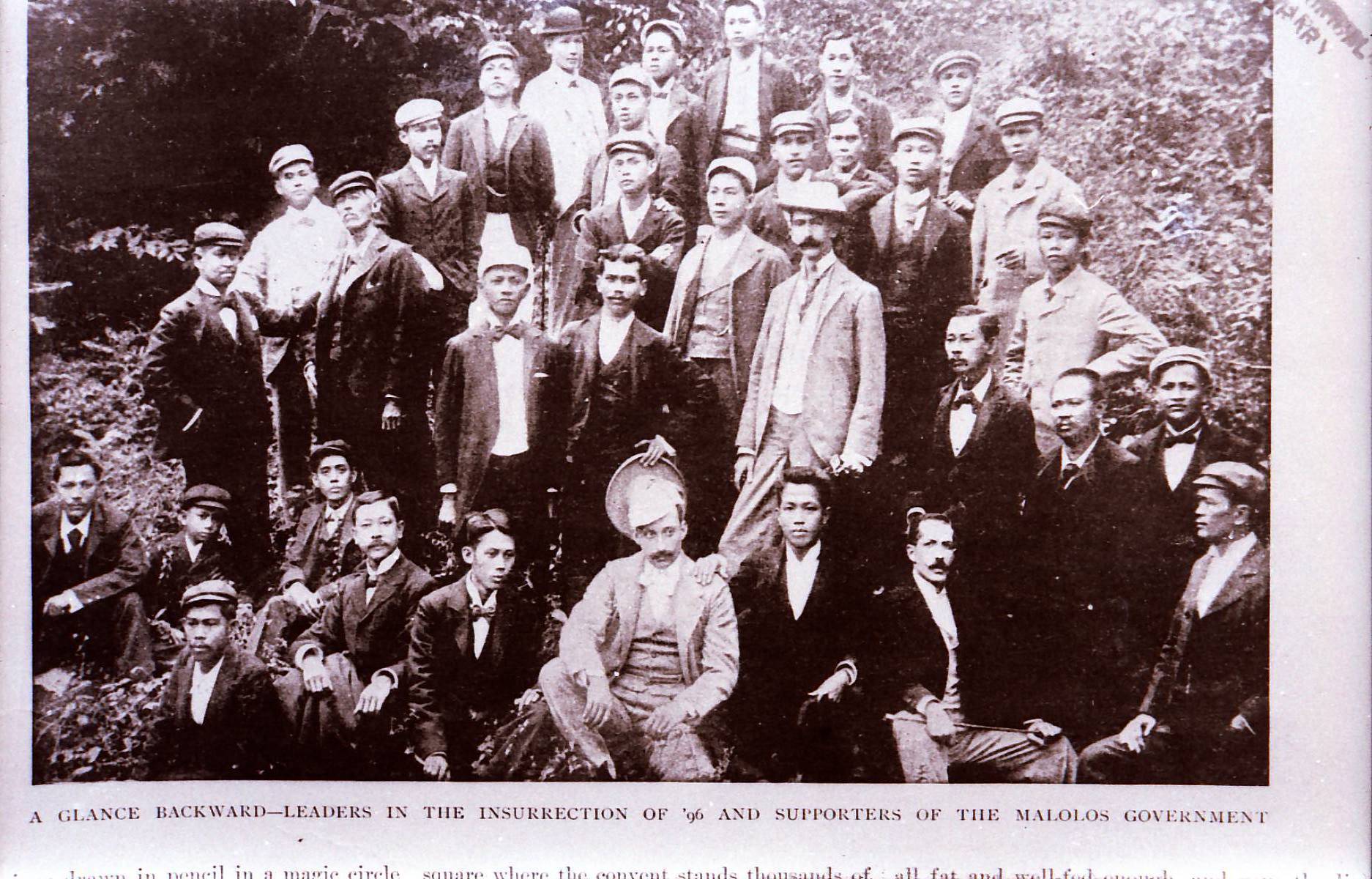Ferdinand E. Marcos, SenatePresident, Republic of the Philippines | Eulogy: 15 February 1964 – Joint Session of the Senate and House of Representatives
Many years ago, I asked him at his home in Kawit, Cavite, if in the anonymity of his retirement he felt he had been forgotten by the people for whom he had fought, and he said with a smile, “My son, have you been a soldier?,” and when I answered that my generation had known its own Tirad Pass and had been humbled in its own Palanan, he said, ”after the battles are won and the dream of liberty attained, the people for whom the war was fought soon look to the new leader and soon readily consign the soldier to beggary and mendicancy. For such is the fate of the soldier, and a true soldier must accept such fate.”
And I remembered the line “they jest at scars, who have never felt a wound.” And the man I was talking to had many scars – scars not only of the body but of the heart. And they scoffed at his scars. They scoffed at a young soldier of 29 who sought to build a new Republic. For such was the sad fate of this soldier. It mattered not that he belonged to the generation of Jose Rizal, Apolinario Mabini, Antonio Luna, Marcelo del Pilar, and Bonifacio – the constellation of the Philippine revolutionary heroes which was the very first in the recorded history of subject people in Asia and Africa to raise the flag of revolution and to find a modern republic based on the ethics of Christianity – a temple built with human courage alone to the freedom and dignity of men in the vast wilderness of political apathy which was colonial Asia and Africa.
It mattered not this soldier was the leader of the men that beat the path for Asian nationalism of the twentieth century. For while Rizal was the prophet, while Bonifacio had organized the Katipunan, while Mabini built the political frame and Luna wielded the sword of combat, there was only one leader and that leader was Aguinaldo. It mattered not for he was a soldier.
Too long had Emilio Aguinaldo stayed with us almost unhonored and unsung. He lived to see the nation commemorate the centenaries of the birth of Rizal, Bonifacio, Mabini, and Luna. Monuments rose to men who fought with him like Gregorio del Pilar and Luna. But not a single bust of the revolutionary leader appeared in public plazas. For Aguinaldo was too alive, too vibrant to be considered of pantheon material. And later, he was too self-effacing that he did not blend with the image builders’ requirements of rancorous and egotistical age.
He was a soldier – and as a soldier now, he watches us in silent disapproval as officialdom stains itself to clothe him with the solemnity and elegance of afterthought. As he watched the caricature of his solemn proclamation and watched the soldiers march by, he must have said to himself, “You too, my sons. They too, shall jest at your scars, who have never felt a wound.”
This he must have repeated to himself. Were not the scars he felt no longer just of his body but also of his heart? For he and his comrades had been forgotten for so long by an ungrateful people. Not only had he been forgotten. The soldier had been laughed at and his dreams derided. He had been pilloried and maligned. But he had kept his silence in quiet dignity. And this he knew – that while his body suffered, his cause had triumphed. For he had moulded with his hands and watered with his blood, the First Republic established by a brown people.
Legend as he was, his own people repudiated him, and the leaders of the new government humiliated him. His own race confiscated his lands from him, his own people deprived him of his pension.
And so he knew too the bitter wounds of frustration, the deep and galling wounds of the spirit and of the heart, but all these, too, he bore in silence. The era of Rizal, Mabini, Bonifacio, and Luna was dead. He should have died with them, but he had not, so he remained to guard in quiet vigil the dignity and the greatness of their achievements. The era of Rizal, Mabini, Bonifacio, and Luna was dead, but their dream was still there.
And while his own people continued to scoff at the scars, though the people had never felt wounds, he remained aloof for he was a soldier of the lost cause. But he knew, however, that no matter how he was humiliated, the lost cause would ultimately triumph.

